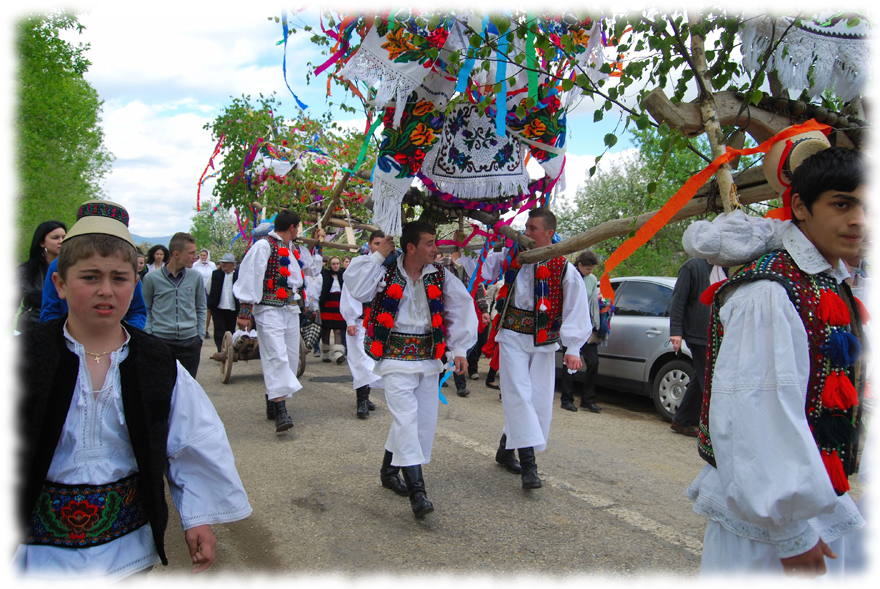

Their structure combines the pre-existing models of folklore entertainment with the new formats of media products. Certain types of public performance, initially conceived of as "socialist," and which drew upon "folklore" and "national traditions," changed their function: after 1990, they became vehicles of media entertainment. I also propose some theoretical approaches in relation to the study of musical practices in post-communist contexts and to the consideration of musical structural analysis as a support tool which makes the processes of ideology construction being more graspable.Īfter the fall of communism, the forms and genres of its mass culture were decoupled from the ideology of the one-party state and, thanks to the popularity they had gained, they became available for recycling under the new market conditions. muzică populară), as well as the discourses (van Dijk 1993) and functions related to it. In this way, it is my aim to contribute to a better understanding of Moldovan-Romanian worldviews and backgrounds by means of investigating a commonly-accepted musical genre (i.e.

By means of selecting, censoring and transforming the structural parts of the folkloric songs and dances, the Romanian Communist Party established a “new genre”, in terms of consumption and commodification, which was strongly imposed through the call for participation in contests and festivals widely broadcasted throughout the country (Oancea 2007). Likewise, a central role was conferred to muzică populară under the Communist Regime, in order to agglutinate the ethnic and cultural diversity under the idea of a unique national entity (Radulescu 1997). Some of these principles like, for instance, (a) the exaltation of rural models of living (b) the Orthodox morality or (c) the paradigm of the Roman heritage represented mainly in the language particularity (Boia 1999), can be perceived either in musical structures or in contexts of performance and the utterance of discourses. It impregnates most of the daily life and represents, in a symbolic manner, the ontological values that contribute to the strengthening of the sense of national identity. folkloric music) is embedded in many dimensions of Romanian everyday life: politics, religion, the rites of passage, mass-media, etc. By means of the results of fieldwork carried out in the Moldova region (Northeast Romania), I will analyse the discourses (both official and informal), together with the musical practices and behaviours, in order to figure out the social meanings of this genre as well as its diverse interpretations.Ĭurrently, the muzică populară (i.e.

In this article I will examine the role of a Romanian musical genre, the muzică populară, in establishing and maintaining ethnic identities (Barth 1976 Brubaker 2002).


 0 kommentar(er)
0 kommentar(er)
